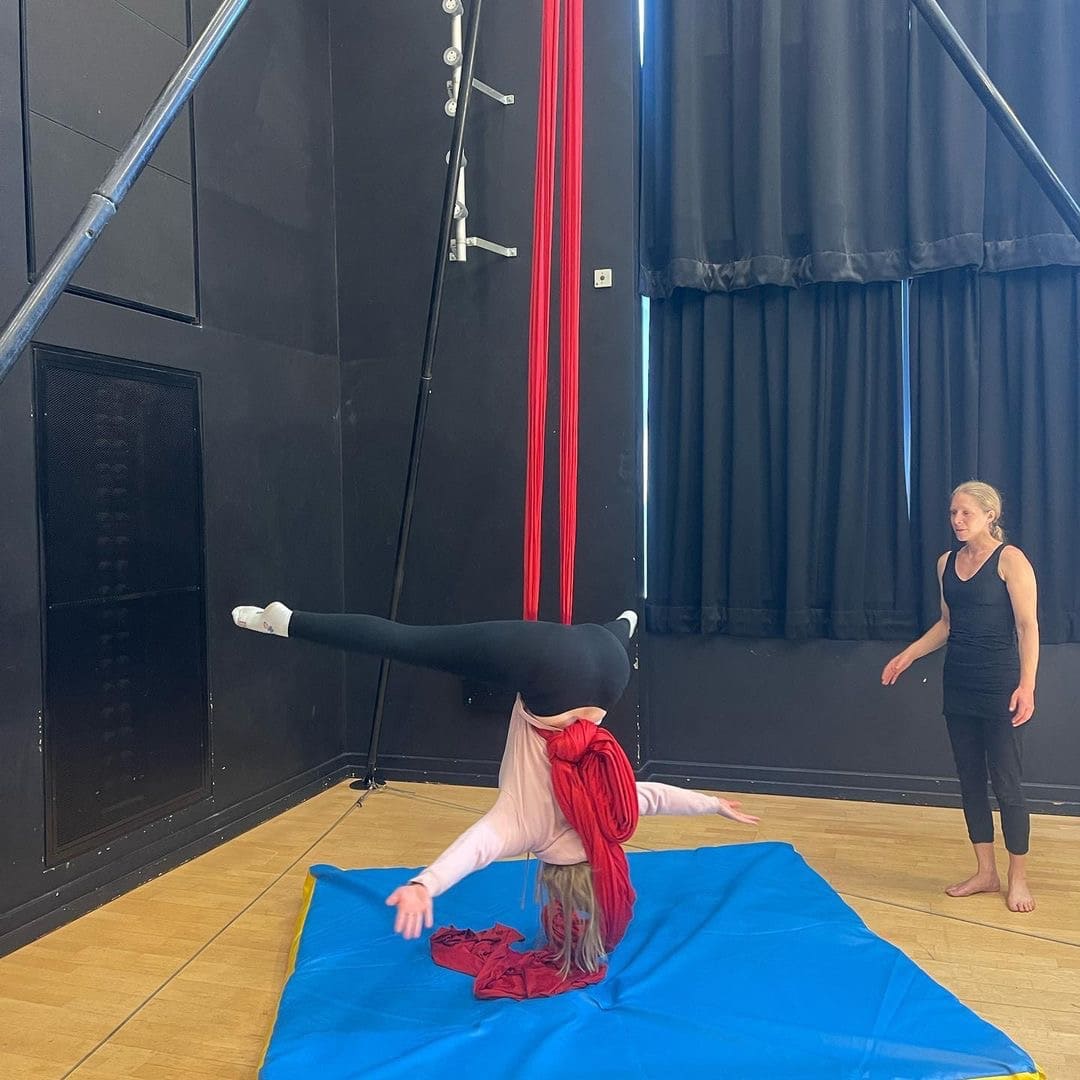Circus skills have long been associated with dazzling performances under the big top, but their impact extends beyond mere entertainment. Incorporating circus skills into school curricula has proven to be a transformative approach that not only engages students but also embeds a myriad of essential life skills. From physical fitness to cognitive development, these are underpinned with core skills in English, Mathmatics and science, the benefits of which are diverse.
Physical Fitness:
Circus skills inherently involve physical activity, promoting a healthy and active lifestyle among students. Juggling, hula hooping, aerial, acrobatics, and balance exercises not only enhance motor skills but also foster coordination, strength, and flexibility. Engaging in these activities encourages students to stay physically active, reducing the risk of sedentary behaviour and its associated health issues.
Social and Emotional Development:
Participation in circus skills fosters teamwork, cooperation, and communication among students. Group activities such as acrobatics or partner juggling require individuals to work in tandem, promoting a sense of camaraderie and mutual support. Additionally, the challenges presented by circus skills help build resilience, perseverance, and self-confidence as students overcome hurdles and master new techniques.
Cognitive Skills:
Circus arts demand concentration, focus, and problem-solving, contributing to the enhancement of cognitive abilities. Juggling and hula hoop, for example, requires students to track themselves and objects simultaneously, promoting hand-eye coordination and spatial awareness. These cognitive benefits extend beyond the circus ring, positively impacting academic performance and overall cognitive development.
Creative Expression:
Circus skills provide a unique platform for creative expression, allowing students to explore their artistic side. Encouraging them to unleash their imagination and build confidence in presenting themselves. This artistic expression fosters creativity and individuality, helping students develop a well-rounded set of skills for future endeavours.
Inclusivity and Diversity:
Circus skills offer a diverse range of activities that cater to various interests and abilities. Students with different strengths and talents can find their niche within the circus arts, promoting inclusivity and celebrating diversity. This inclusiveness encourages a positive and accepting school environment, fostering a sense of belonging among students.
Integrating circus skills into your school curricula goes beyond the spectacle of performance—it contributes to the holistic development of students. From physical fitness to social, emotional, and cognitive growth, circus skills offer a comprehensive approach to education. By embracing the wonders of the circus, schools can cultivate well-rounded individuals equipped with a diverse skill set to navigate the challenges of the future.
Check out our sister site: www.circusselect.com





